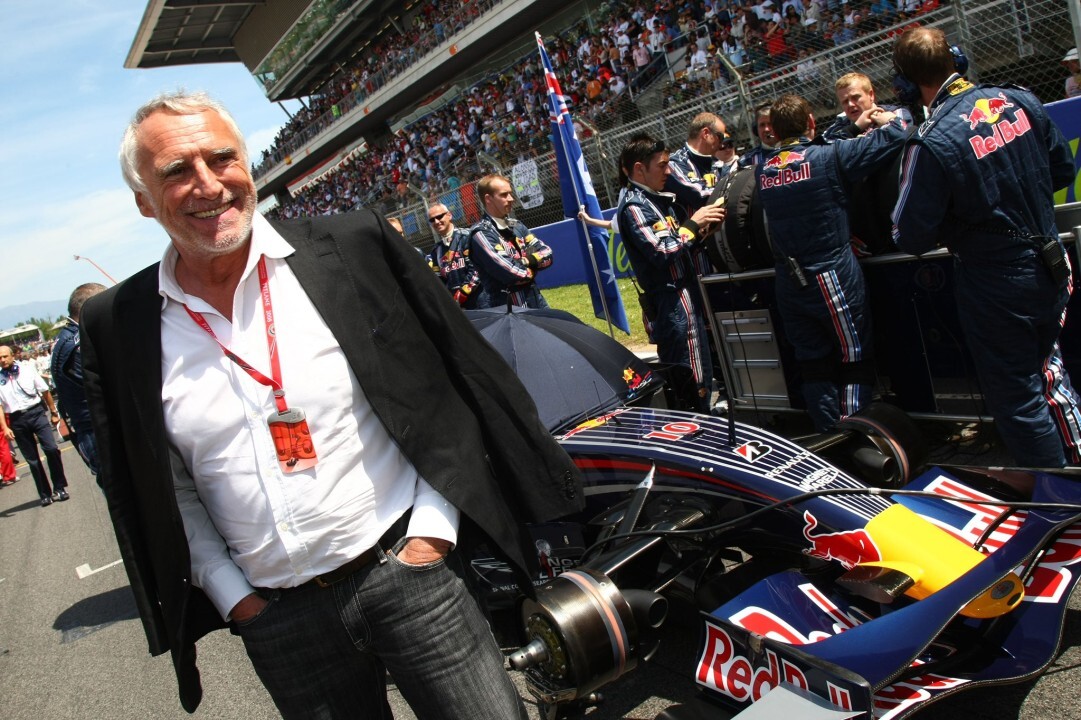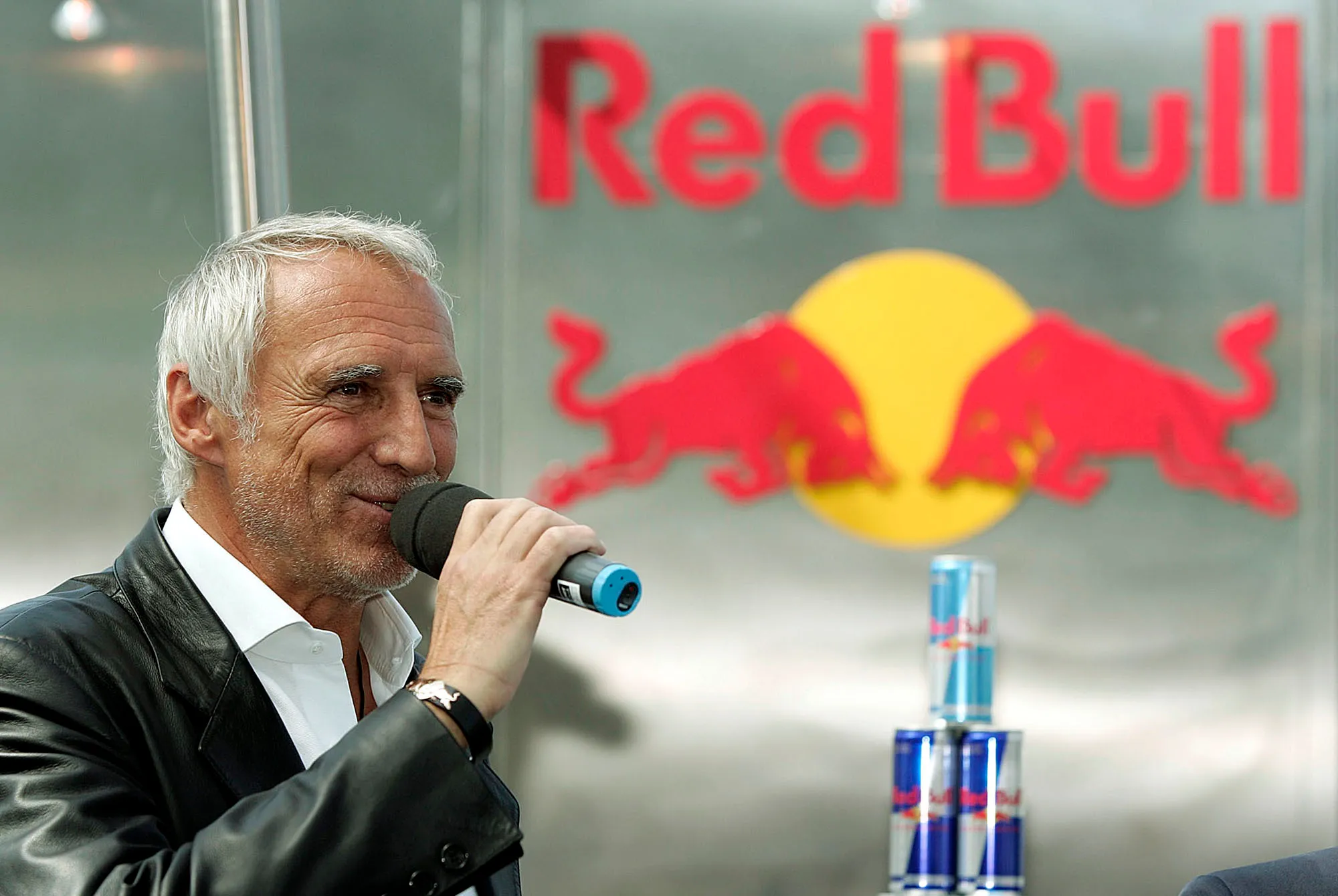Helmut Marko has recently commented on the significant changes within Red Bull Racing following the death of its founder, Dietrich Mateschitz, in 2022. He noted that Mateschitz’s passing has prompted a rearrangement of power and responsibilities within the Formula 1 team. Oliver Mintzlaff, who took over as Managing Director, oversees various sectors, including F1.
However, Christian Horner, the team’s CEO and Team Principal, retains substantial control over all F1 operations. Marko emphasizes that the organization is still adjusting to Mateschitz’s absence, indicating that no single individual can replicate the unique qualities he brought to leadership.
Marko characterized Mateschitz as an autocratic leader whose decisiveness and risk-taking were hallmarks of his tenure. Mateschitz’s ability to make quick decisions and inspire confidence was unmatched, making his loss profoundly felt within the team. The current restructuring efforts are ongoing, as the organization seeks to adapt to a new model of leadership.
Mintzlaff’s broad responsibilities, which extend beyond F1 to include soccer and cycling, mean that Horner must manage the daily operations of the F1 team. Marko pointed out that finalizing the team’s new structure is still a work in progress as they navigate this transition.

The internal dynamics at Red Bull have been further complicated by controversies, particularly allegations against Horner that surfaced at the beginning of the year. Although he was cleared of any wrongdoing by an independent inquiry, these accusations stirred speculation about attempts to undermine his position.
This environment of uncertainty was exacerbated by public comments from Jos Verstappen, who suggested that Horner’s role could jeopardize the team’s stability. Marko recognized that such remarks were detrimental and emphasized the importance of fostering collaboration within the organization to maintain focus on winning championships.
To remain competitive in Formula 1, Marko insists that unity within Red Bull is crucial, especially regarding their star driver, Max Verstappen. With the team currently experiencing a winless streak of eight races, Marko highlighted the risks associated with failing to provide Verstappen with a car capable of winning.
He warned that top drivers like Verstappen often have performance-related exit clauses in their contracts, which could lead him to consider other options if Red Bull does not deliver a competitive package. The urgency to support their top driver is thus paramount for the team’s future success.
At present, Red Bull finds itself trailing behind McLaren in the Constructors’ Championship, a situation that places additional pressure on the organization. While Verstappen leads the Drivers’ standings, the team’s overall performance is concerning, especially with the prospect of losing him if results do not improve.
Marko also noted the impact of key staff departures, including those of Adrian Newey and Jonathan Wheatley, on the team’s dynamics and performance. The combination of internal power struggles and potential loss of talent raises questions about Red Bull’s ability to retain its competitive edge in the long term, making the upcoming races critical for the team’s strategy and future.

